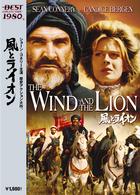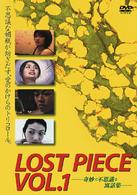- ホーム
- > 洋書
- > 英文書
- > Psychology
Full Description
Erik Erikson, best known for his life-cycle theory and concept of the identity crisis, proposed that we are comprised of a number of selves. In several earlier books, including 'At Home in the World', Donald Capps has suggested that the emotional separation of young children - especially boys - from their mothers results in the development of a melancholy self. In this book, Capps employs Erikson's assignment of an inherent strength to each stage of the life cycle and proposes that the life-enhancing strengths of the childhood years (hope, will, purpose, and competence) are central to the development of a resourceful self, and that this self counters the life-diminishing qualities of the melancholy self.
Focusing on Erikson's own writings, Capps identifies the four primordial resources that Erikson associates with childhood - humor, play, dreams, and hope - and shows how these resources assist children in confronting life's difficulties and challenges. Capps further suggests that the resourceful self that develops in childhood is central to Jesus' own vision of what we as adults may become if we follow the lead of little children.
Contents
Preface
Acknowledgments
I: Reconciling Selves
1 The Melancholy Self
2 Dual Mothers and Artistic Inhibition
3 The Resourceful Self
II: The Primordial Resources
4 The Ease of Humor
5 The Power of Play
6 The Beneficence of Dreams
7 The Promise of Hope
Epilogue
References
Index







